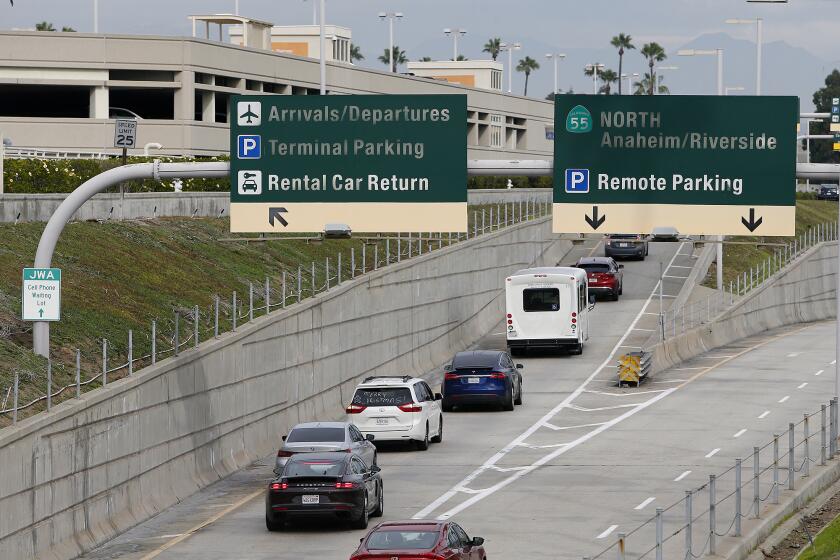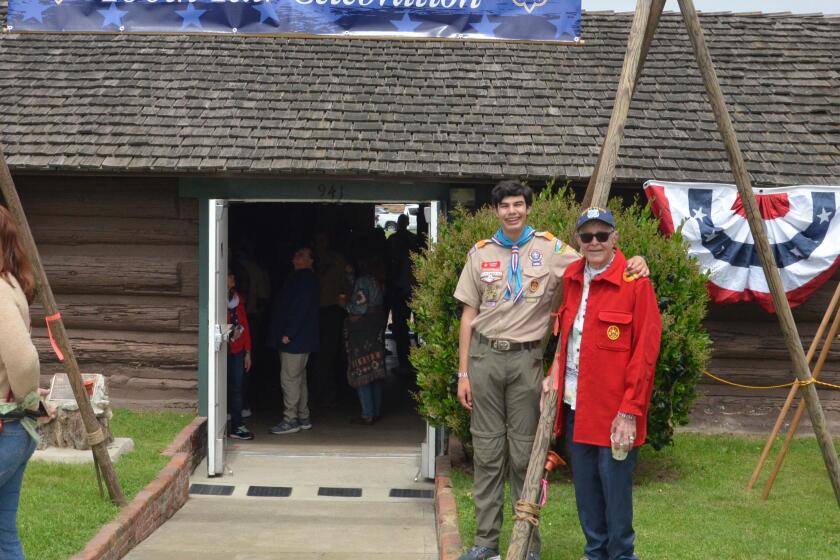Putting American youth on the international voice
Mallory Hytrek said America’s youth must be heard on the international stage.
The 18-year-old Huntington Beach resident, who moved to Washington, D.C., three months ago to attend The George Washington University, is part of the United States Youth Delegate Initiative (US-YDI).
The goal of the organization is to send the first American youth delegate to the General Assembly of the United Nations to be part of the country’s permanent delegation.
“The United States has 76 million youths that are unrepresented on an international level, and we think it’s important for youth to have a voice in the United Nations,” Hytrek said. “We are a powerful nation, and we set the tone for a lot of international decisions. We’re the next generation, and we should have a say in what our country is doing both at home and abroad.”
Getting there, however, is not easy, said Joseph Gibson, 20, president of the organization.
Before getting a permanent youth delegate to the U.N. — which 40 other countries, mostly European, have done — the students have to get the approval of Congress, the State Department and the White House.
Hytrek, who is in her first semester studying international affairs, is one of 23 legislative specialists in the organization who are focusing on lobbying members of Congress to pass a joint resolution allowing a youth delegate to be part of the U.S. delegation.
There have been many efforts over the years by many organizations, including nongovernmental and student-based ones, to achieve the goal of having youth representations in the U.N., said Gibson, who is also a student at George Washington.
Those efforts were consolidated recently with the help of Gibson, who started the initiative while in Belgium. Gibson started the United Nations Assn. of the United States of America with the mandate to represent youths at the international stage.
Though it seems like an uphill battle to get approval, the students already know how they will represent the rest of the nation’s youth on the international level, Hytrek said.
The students will input their perspective on issues involving human rights, diseases such as HIV/AIDS and education, among others.
“We intend to facilitate this using social networking, as well as physically doing fieldwork and taking tours to talk directly to America’s youth,” Hytrek said. “What the youth delegate and his or her team hear from them is what will be brought to the attention of the United Nations.”
Twitter: @MonaShadia
All the latest on Orange County from Orange County.
Get our free TimesOC newsletter.
You may occasionally receive promotional content from the Daily Pilot.



